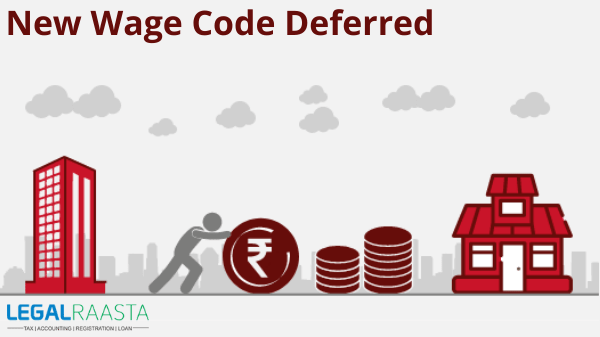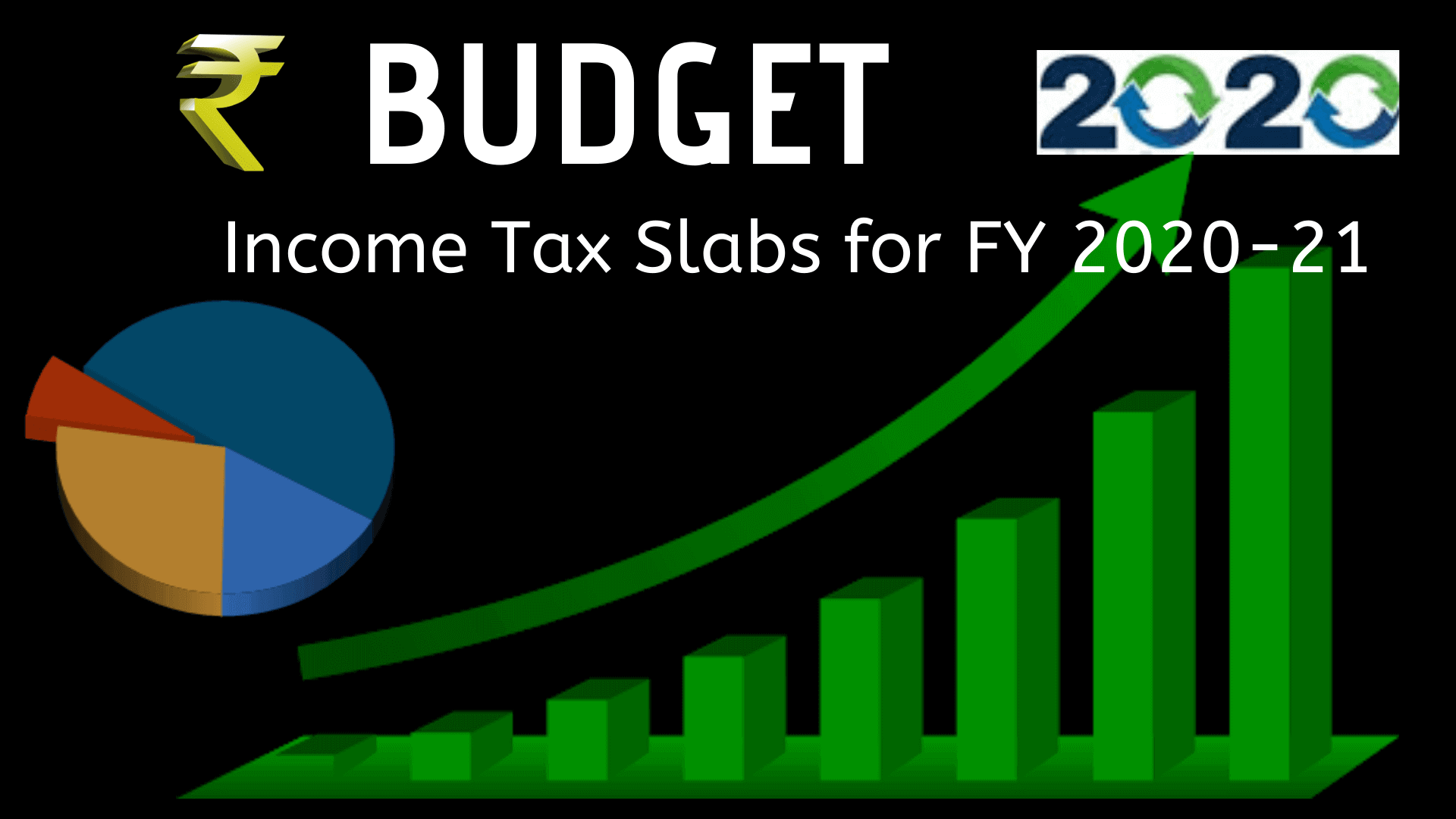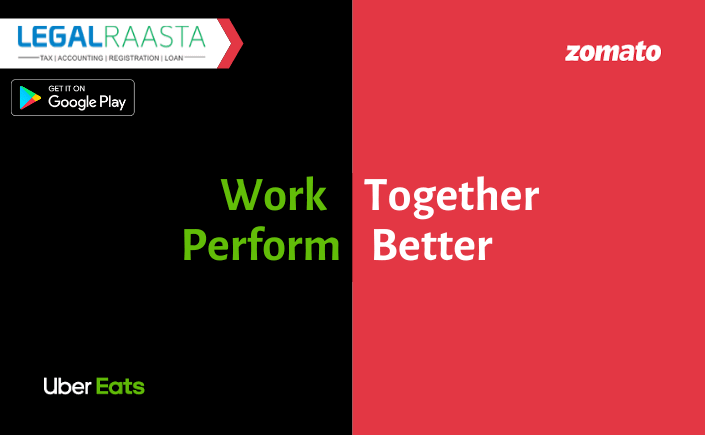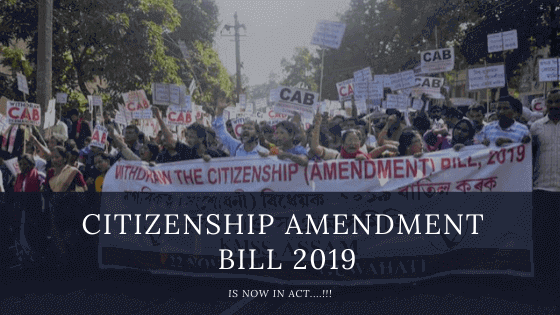New Wage Code Deferred: India’s new wage rules
Due to the delay in implementing the new labor regulations, companies will not realign their wage structures for their employees. Due to the second wave of Covid-19, it is possible that the new labor codes will not be implemented this year. Here's everything you need to know.
The New Wage Codes: Introduction
The new pay laws in India will not take effect immediately. The present wage system for many employees will be implemented, according to a senior Labor Ministry official. The implementation of the new pay code has been postponed in order to update the payment structure, which will begin tomorrow.
Many industry professionals have been left breathless by the delay in the implementation of this new wage legislation. To comply with the new rule, tens of thousands of businesses are striving to develop a new remuneration structure for their employees. They are pleased with the deferral of the new wage law in this aspect. Many experts believe that this law needs greater clarification.
In fact, the new pay code law was passed by the central government in 2020. It is expected to go into effect on April 1st. As a result, significant adjustments in both employees and businesses are required as a result of the new bills.
The Central Government has agreed that the base salary shall be 50% of the total compensation, with allowances not exceeding 50% of the total income. Changes in the allocation of base salary and allowances indicated in the salary are a result of this. Many changes, such as gratuity and PFP Pankam, have yet to occur. Employees' net wages must be cut as a result. However, as a result of the recent modifications, the
PF and gratuity amounts will continue to rise until retirement.
Industry Specialists on the Delay
Experts in compensation, law, and recruitment perceive this as a brief respite. These specialists are working with thousands of firms to design a new compensation structure for workers that includes putting 50% of gross salaries under the basic pay umbrella and other changes mandated by the new wage code.
As a result of the delay, businesses will have more time to modify employee benefits operations. According to compensation specialist Aon, most companies are still waiting to clarify whether basic pay components should be included or excluded.
Following the restructuring of the New-Wage Code Deferred
The new wage system will affect most of India Inc.'s remuneration structures after the government announces it.
The Wages Code, which was passed by Parliament last year, contains these additional restrictions. Indian companies/employers/workers would observe changes in such compensation components as take-home wage,
provident fund, and gratuity, payslips, and so on whenever they are implemented. As a result, India Inc's balance sheets will be harmed. Both government and private sector jobs are covered by the Wage Code.
Allowances will be set at 50% of total payments under the new salary definition. In the private sector, the basic pay component must account for 50% or more of a worker's total remuneration. For government employees, this basic pay will consist of basic pay plus DA, which must total 50% or more.
The pay for this employee, according to the codes, would be Rs. 17,000 per month, which must be taken into account while calculating gratuity. If this employee leaves the company before the codes take effect, and assumes 15 years of service, the gratuity payable (calculated as final drew pay /26* 15* a number of years of service) will be Rs. 147,115, up from Rs. 86,538 previously, a significant increase of 1.7 times.
List of Deferred Codes
The four labor codes encompass 29 pieces of law. The objective of each of these rules differed, and as a result, the definition of wages under several of them differed as well. The codes are intended to unify, simplify, and consolidate these regulations, and thus have a consistent approach, which includes a uniform wage definition throughout all of these regulations.
The four labor codes which are not going to be implemented starting April 1st, 2021 are:
- Wage code
- Social security code
- Industrial relations code and
- Code on occupational safety, health, and working conditions.
Because states have yet to finalize the rules, the above-mentioned codes will not take effect on April 1st, meaning that take-home pay and company provident fund liabilities will remain unchanged.
‘For the time being, the laws will not be implemented because the states have not finalized the rules under the four codes.' Few states like Uttar Pradesh, Bihar, Madhya Pradesh, Haryana, and Uttarakhand have, however, already circulated the drafted rules.
Wage code
The term wages refer to an employee's total payment. Wages will be divided into three components, according to the wage code, which was passed in December 2019: basic pay, dearness allowance, and retention payment.
The term "wages" as defined in today's laws refers to "all pay" supplied to an employee, with specific restrictions such as statutory bonuses, conveyance allowances, travel concessions, housing benefit or house rent allowance, payments to PF and pensions, overtime, commission, and so on.
Points Covered in the New-Wage Code
- According to the proposed wage code standards, basic pay should account for 50% or more of an employee's total salary.
- It also mentions that the employee's take-home pay will be lowered as the employee's net contribution to his or her PF would grow.
- As a result, a higher PF payment would result in reduced in-hand compensation.
- Employees can now cash in their vacation time under the new wage code.
- Companies will have to restructure their employee remuneration structures in order to comply with the new wage legislation.
- The proposed guidelines provide employers the option of offering employees a four-day workweek. Working hours, however, cannot exceed 48 hours.
- The companies who choose to give a four-day week will have to give three consecutive off days.
The standard of definition of ‘wages' for the Code on Wages and the Code on Social Security is the single most significant change factor in the labor code. Wages were defined differently in each of the existing acts. For example, House Rent Allowance is included as a component in the wage definition under the Maternity Benefit Act, Minimum Wages Act, Payment of Wages Act, and Payment of Bonus Act, but it is excluded under the Payment of Gratuity Act and the Employees' Provident Fund and Miscellaneous Provisions Act. As a result, it's been difficult for employers to keep track of the many obligations imposed by each statute.
Salary Changes within the New-Wage Code
The new wage code specifies that minimum wages must account for half an employee’s CTC. consistent with the new draft, the allowance of a part of the entire salary cannot exceed 50% of the entire salary, which suggests that the essential salary must be 50%.
Previously, the
PF was supported an employee’s basic salary. But now the employer and employee’s contributions are going to be supported by half the CTC. Therefore, your PF contribution is going to be increased, but your wage will get decreased.
Gratuity also will be adjusted consistently with the new wage code. Further, gratuity is that the amount of cash accumulated for you at the completion of a final and permanent work term. Even after a year of service, the worker is permitted a gratuity.
Employees with a better salary would pay more tax because the tax planning option is restricted to 50% of the CTC, whereas the lower-salaried employees would be protected by higher retirement contributions and lower taxes.
This delay comes as an enormous relief for Indian companies because it will give longer to companies to transform the employee’s salary structure and other HR policies. Once the wages code comes into force, the most important change within the salary slip is going to be the way of calculation of basic pay and PF of employees.
New salary math decoded: Check it out
Most pay structures in the country will change as a result of the new payment regime, according to staffing companies and HR professionals. The basic salary component is currently substantially lower than 50% for the vast majority of employees.
Allowances can make up as much as 80% of the remuneration for high-earning employees, according to data from several employment firms. Employees in this category are expected to have the greatest reduction in take-home pay.
Furthermore, following the introduction of the code, both worker and company contributions to the
Provident Fund will increase. As a result, most workers' take-home pay will likely decrease.
Overall, while employees will see a decrease in take-home pay, businesses will see an increase in expenditures as their PF payments increase. Along with this, businesses will suffer another blow: when basic pay rises, so will workers' gratuity payouts because gratuity is computed based on basic pay.
Workers' social security funds will also be larger now, putting more pressure on businesses. Salary structures are currently arranged in such a way that the employer's social security contributions are reduced.
Keeping the impact in check
According to an HR specialist, the new laws would likely boost company expenditures by 10% on average since greater payroll expenditures will raise most enterprises' salary bills.
Companies have already begun to look into methods to adjust pay packages in order to keep costs down, according to numerous reports.
According to some analysts, the new rules will have a slew of good consequences. One of them, according to Suchita Dutta, executive director of the Indian Staffing Federation, is that companies will find it simpler to be more compliant, and employees will have more social security.
Expect Changes from June
While there has been no formal announcement of the timing, Sethuraman believes it will begin in June or July of this year. "The government has been very public about the notion that the labor regulations would be implemented soon. In fact, Finance Minister Nirmala Sitharaman mentioned labor codes during her budget statement. After the state elections are over, I expect the notification to arrive by June 1 or July 1."
Fundamental changes that will be seen in New-Wage Code Deferred
The fluctuations in your salary should be the most concerning to you. Currently, your basic salary is made up of 20-40% of your CTC. Your basic salary will account for 50% of your CTC once the Codes are applied. The total of all allowances (HRA, travel, transport, and special allowances, for example) will never exceed the basic wage. Any remaining funds will be absorbed into the basic pay.
All salary components linked to your basic pay, such as EPF and NPS contributions, as well as gratuity, will be raised upwards if your basic pay increases. If you contribute more to EPF and gratuity, your take-home salary will decrease.
Take-Home salary may reduce from Next Fiscal Year
According to the government, companies are prepared to restructure pay packages in line with the government's intention to churn out a new wage law, which said last year that take-home pay would reduce beginning in the next fiscal year. Furthermore, after the code is implemented, both employee and employer contributions to the
Provident Fund would grow. As a result, the take-home pay of the majority of employees would undoubtedly decline. Most private companies now have a more considerable allowance component than the basic wage. As a result, if the proposed pay code is implemented, it is expected to have the most significant impact on private workers.
Conclusion
The government wanted to make sure that the retirement plans of millions of workers were secure. As a result, the new wage structure was introduced. The new wage code gives workers more security and predictability. Once the wage code has been adopted and your company's salary arrangements have been restructured, you can consult a Legalraasta specialist to better understand the pay structure and then plan your investments accordingly.
The Legalraasta gives the best of its assistance to start a company. You can easily record any type of company with us.
LegalRaasta.Our specialist team will assist you in each part linked to Company registration processes like
GST Registration,
Company Registration,
Trademark Registration, and its services relatable. You can download our app which is easy to locate in android mobiles
LegalRaasta APP. Dial 8750008585 and feel free to send your inquiry on Email:
contact@legalraasta.com






